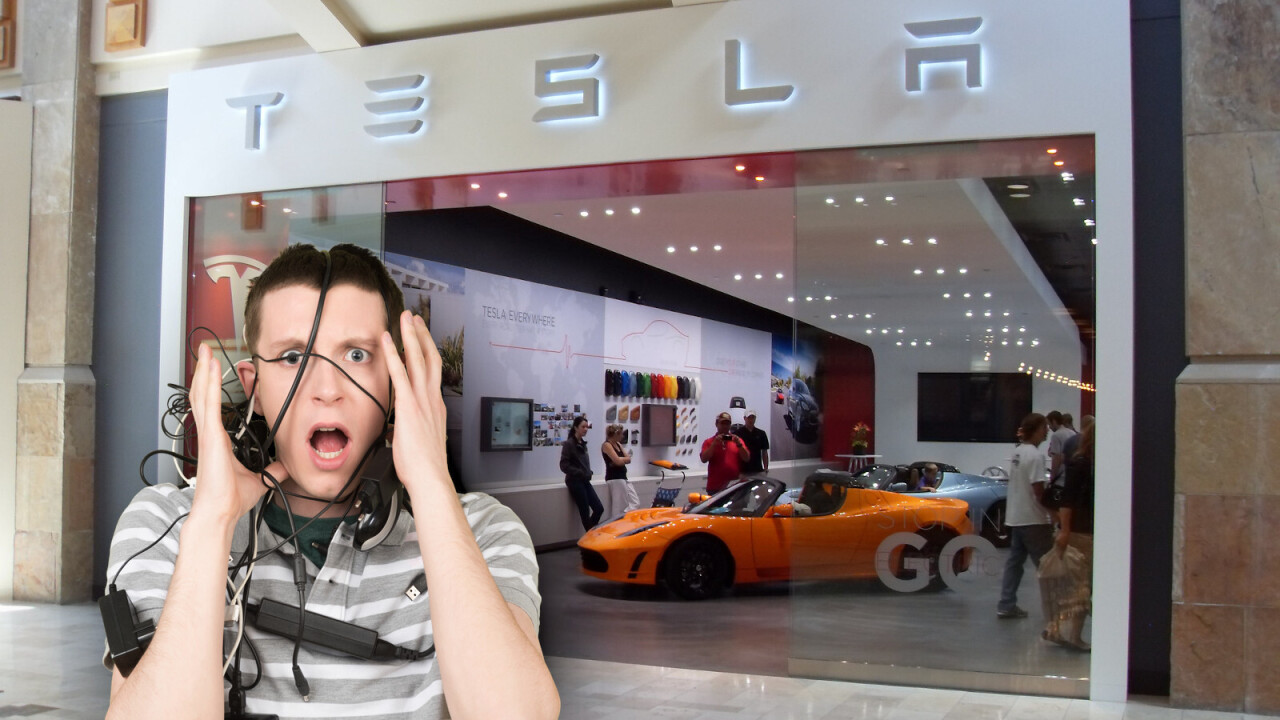
Since early last year, Tesla reportedly assessed the viability of its dealerships and stores, and with little regard for people who might be most affected by it.
According to Business Insider, which spoke with 27 Tesla dealership employees, the company made a series of slapdash announcements in February last year, which said that the company would be “winding down many of [its] stores.” Despite the gravity of the initial announcement, it mentioned casually in a blog post about a new upcoming Model 3 variant.
Tesla employees were not made aware of this announcement before it was announced publicly.
One Tesla employee told BIthat no one knew what was going on. Even after speaking with higher managementthey weren’t able to decipher what this meant for them specifically.
A week later, Tesla issued another update on the matter that it would shut just 10% of its stores. It would then identify the worst performing from the remaining stores and “close the weakest.”
After saying it would pivot to an online only sales model, by March Tesla had u-turned on its idea of closing stores.
Again, the announcement came without informing dealership management first, and according to another employee failed to acknowledge the stress unnecessarily inflicted on dealers.
[Read: BMW’s feature subscription service is anti-consumer rubbish]
Tesla dealer employees described this to BI as “cold-hearted,” and “the most dismal week ever.”
Since then, the situation doesn’t seem to have improved. At odds with circumstances beyond its control — coronavirus — Tesla kept its stores open well into March. Despite international travel bans and lockdown measures starting to be put in place from the end of January.
Dealerships also were not consistently prepared for coronavirus measures. While some were able to implement social distancing measures and offer hand sanitizer, other stores reportedly lacked the vital supplies to operate safely during this time.

It’s hard to compare Tesla’s approach to vehicle sales as it doesn’t follow a conventional model. For most vehicle makers, sales outlets and stores are operated by other dealer groups, Tesla however, owns all of its stores. This lets Tesla have a huge amount of control over its outlets and ensures they all promote its mission — according to the BI report, it seems the company is universally successfully at doing this.
However, it also creates a unique communication challenge because there are so many levels of management between corporate Tesla offices and salespeople. It can also lead to unfair closure of dealerships that don’t sell comparable volumes of vehicles to bigger more successful outlets.
That unfairness, though, depends on how dealer performance is quantified. Dealers in smaller local markets might end up getting the chop, even if their performance is still good by their own standards. While bigger dealerships might weather the storm better, even if their numbers have dropped more, just because of the big volumes they sell or the importance of the dealership’s location.
As ever, Tesla didn’t provide comment to BI on this whole matter.
While its mission may be noble, it’s clear that Tesla could do with updating its communication process to avoid unnecessary stress for dealers and salespeople.
Get the TNW newsletter
Get the most important tech news in your inbox each week.




